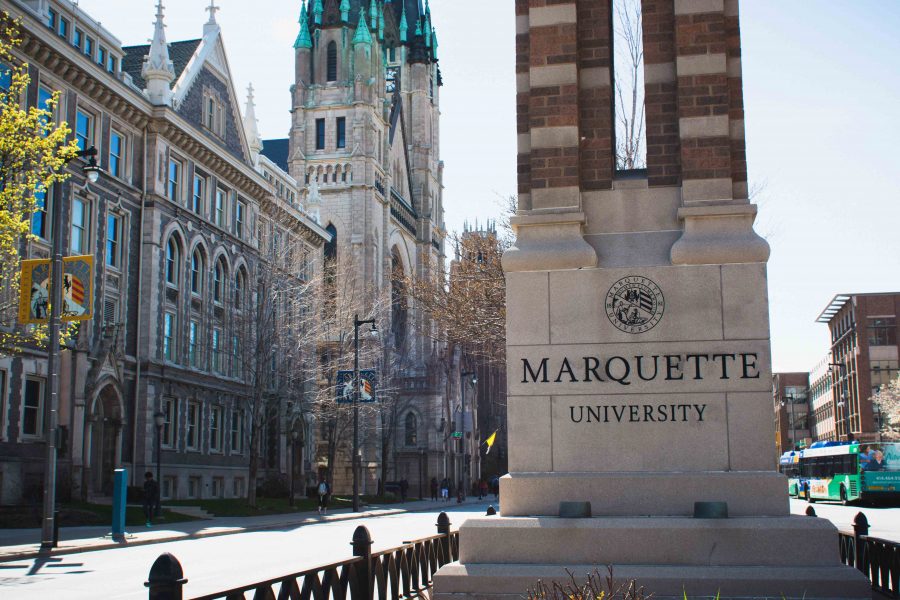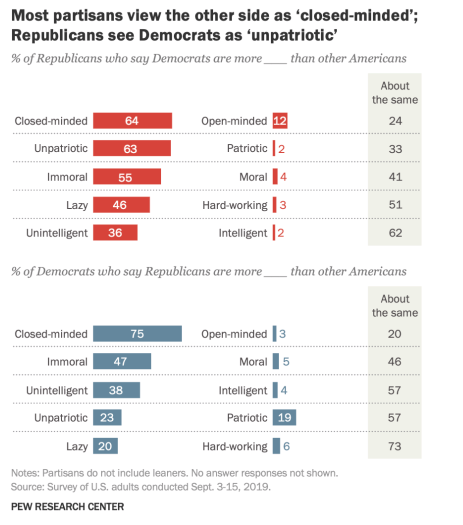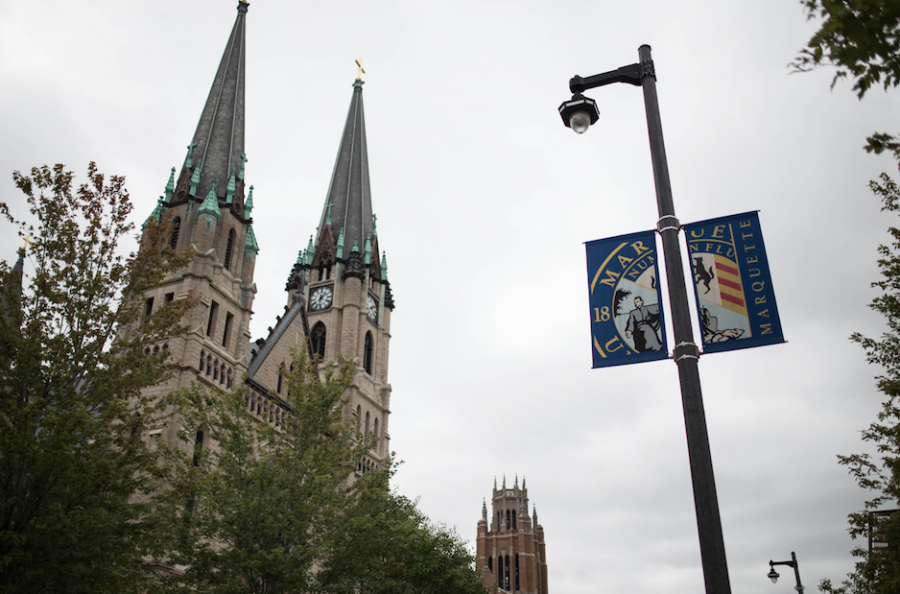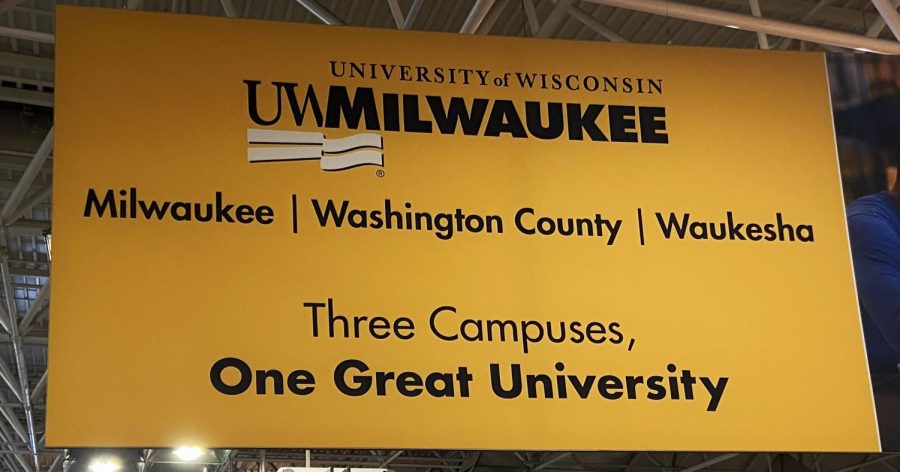Speech on college campuses has a history of volatility. The infamous Vietnam War protest at Kent State University left four people dead. The left-wing radical group, The Weathermen, which gained notoriety in the 1970s by bombing government buildings, was founded by students at the University of Michigan. Earlier this year, 21 people were arrested at the University of California, Berkley during protests around the scheduled visit of conservative speaker Milo Yiannopoulos. And, though seemingly more innocuous, Marquette has had its own struggles with free expression lending itself to hostility on campus.
Marquette for Life, the pro-life student organization on campus, displays a Memorial of the Unborn in the Central Mall each year. Last year several students opposed to the message vandalized the memorial, displaying pro-choice posters and scattering hangers around the area.
This year, the memorial was not vandalized, but students spent months beforehand trying to prevent it. Members from Empowerment, Marquette’s intersectional feminist club, and Marquette for Life met several times to discuss compromises, but were unable to agree on alternatives.
The Memorial of the Unborn unnecessarily re-traumatizes those affected by abortion. The method Marquette for Life has chosen to communicate their beliefs does not allow for dialogue and refuses to consider the situations of other students.
Universities strive to develop students’ ability to argue and debate ideas. Abortion is more contentious than most topics, and differing opinions should be expected, especially at a Catholic Jesuit university.
The issue becomes less political and more personal for students who may have had to terminate a pregnancy. It is reasonable to assume that a display like the Memorial of the Unborn would make those students feel isolated.
Pro-life students, however, are also likely to feel isolated in the face of vandalism like what occurred last year.
Regardless of backgrounds or beliefs, most people share the fundamental desire to not inflict pain on others. Based on this tenet, both the Memorial of the Unborn and the previous vandalism should raise concerns.
There is no legal obligation to be kind to one another, but lawfulness aside, the trauma that the Memorial of the Unborn has the potential to inflict should be enough reason to consider practicing free expression in a less targeted way.
It is not an affront to speech to suggest that ideas be discussed with decorum in a way that does not marginalize those with opposing perspectives.
Often in exercising free speech, the aim is not to convey a message, but to hurt other people. Speech is meant to challenge us, but speech that only seeks to provoke a response does nothing for engagement.
The freedoms of speech and expression were included in the constitution because the framers recognized how crucial the exchange of ideas was to self-governance and self-fulfillment.
To treat the freedom of expression as a right to violence or to be purposefully refractory is in itself an attack on speech. Speaking without listening forgets why there is free expression in the first place.
It is important and valuable to be able to express ideas, unpopular or otherwise. It is also equally valuable to be able to take others’ ideas and learn to empathize with those positions.
If speech can communicate a message in an approachable way that does not marginalize anyone, that should be the venue of expression taken every time.
A California High School sent students home on Cinco de Mayo in 2010 for wearing T-shirts depicting the American Flag. Previously that year, the school saw at least 30 fights between White and Latino students, and the racial tensions were palpable and the message was understood as provocative, not patriotic.
There often is a fine line between what are acceptable expressions of opinion, and what are irresponsible. Speech that exists only to elicit an extreme response serves no one.
Student organizations with histories of disagreement need to be willing to compromise with each other. There are venues of speech outside of the Central Mall and outside of vandalism. Refusal to meet each other half-way is a refusal to engage in meaningful discussion.
There will continue to be heated debate and disagreements at Marquette and at universities across the country on a wide variety of issues, but with these debates comes the opportunity for empathy and for progress.









